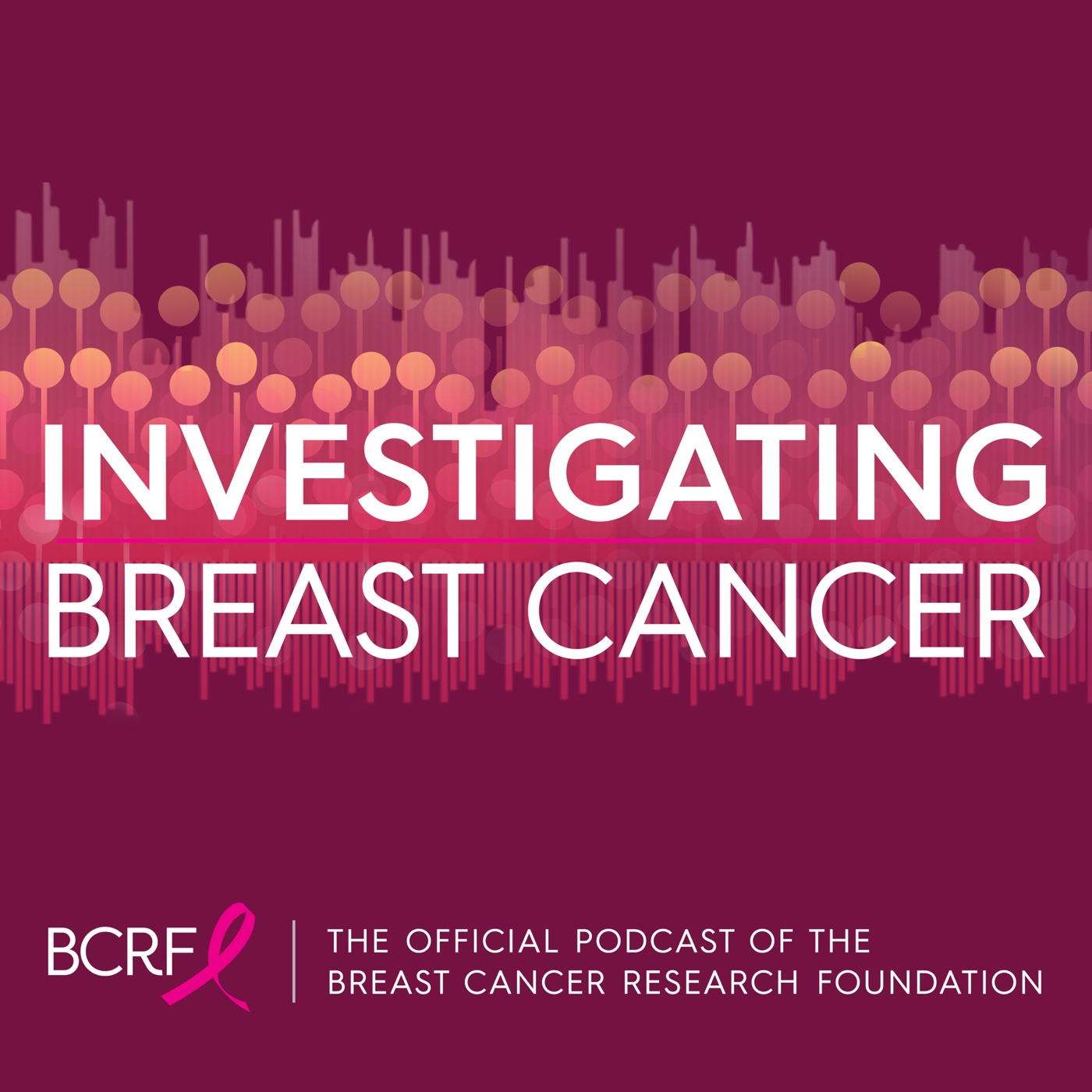Episodes
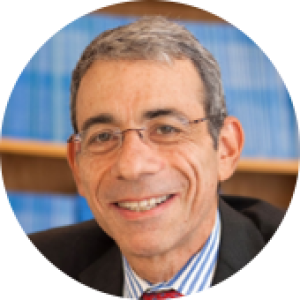
Wednesday Sep 25, 2019
The De-Escalation of Therapy, with Dr. Eric Winer
Wednesday Sep 25, 2019
Wednesday Sep 25, 2019
How should we – patients, family, doctors – consider the careful balance in identifying patients who might benefit from less rigorous course of treatment?
Dr. Eric Winer, a BCRF investigator since 2003, studies this concept. Known as “de-escalation of therapy,” this form of personalized medicine challenges the “one-size-fits-all” approach to breast cancer treatment. His current BCRF-supported study aims to improve quality of life by reducing post-surgery chemotherapy in carefully selected patients with early-stage HER2 positive breast cancer and an excellent prognosis.
Dr. Winer is Professor of Medicine at Harvard Medical School and Chief, Division of Women's Cancers and the Thompson Senior Investigator in Breast Cancer Research at Dana-Farber Cancer Institute. He is also the recipient of BCRF’s 2019 Jill Rose Award for scientific excellence and the Westchester Women’s Award in honor of Marla Mehlman.
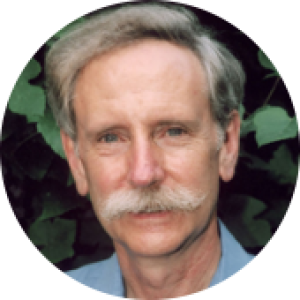
Friday Aug 16, 2019
What Should I Eat? We asked Dr. Walter Willett
Friday Aug 16, 2019
Friday Aug 16, 2019
Dr. Willett, a BCRF investigator since 2001, is widely considered a global leader on nutrition research. His research aims to characterize the impact of diet and lifestyle on health outcomes, especially in relation to breast cancer risk. As the most cited nutritionist worldwide, his work has influenced numerous health recommendations and continues to inform preventive strategies for breast cancer. Dr. Willett is Chair of the Department of Nutrition at Harvard School of Public Health.
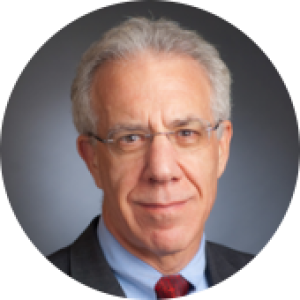
Friday Jul 12, 2019
Friday Jul 12, 2019
Did you ever think you’d end up working in Africa?
Neither did Dr. Lawrence Shulman. But then we never had Paul Farmer as our intern. Dr. Shulman – an oncologist who specializes in breast cancer – did.
Farmer, if you don’t know, is the American anthropologist and doctor who in 1987 co-founded Partners in Health, an international non-profit that, in its own words, brings “health care to the world’s poorest families.” That means in places like Haiti and Rwanda.
Which is why some eight years ago, Shulman found himself in Rwanda, as he wrote, walking “through hospital wards filled with patients with advanced cancers, who had never had a biopsy or diagnosis, and had no options for treatment.” He continued: “I knew that many of these patients would survive if they had access to the types of treatments available in the United States, and I was determined to help bring these treatment options to patients in Rwanda.”
And that’s what Shulman has done. He has helped establish cancer programs there and in Haiti, and now has branched out to Botswana – places where, historically, because of delayed and late-stage breast cancer diagnoses, the chance for a successful outcome was greatly diminished.
Shulman and colleagues have now trained nearly 200 rural health center nurses in clinical breast exams and evaluation, nearly 2000 community health workers in the basics of breast awareness and patient education, and multiple district hospital clinicians in breast ultrasound. As you’ll hear, the work is remarkable, and the results outstanding.
More on Shulman: He is Deputy Director for Clinical Services, and Director, Center for Global Cancer Medicine in the Abramson Cancer Center at Penn. He is the former Chair of American Society of Clinical Oncology’s Quality of Care Committee, and currently is a member of ASCO’s Global Oncology Leadership Task Force and International Affairs Committee.
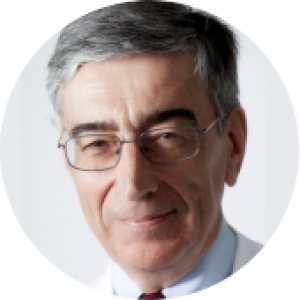
Friday Jun 14, 2019
Focusing on early treatment, with Dr. Luca Gianni
Friday Jun 14, 2019
Friday Jun 14, 2019
You likely know the expression, Pay It Forward. It’s an important concept for any kind of social awareness, but it can carry special meaning as well in the breast cancer world, particularly in research.
That’s because so much of today’s important breakthroughs are built not only on yesterday’s participation of other patients, but, of course, the work of other researchers.
It’s a sentiment Dr. Luca Gianni not only knows well, but also puts into practice every day.
As you’ll hear, in this important and engaging conversation, Dr. Gianni remains grateful to his mentor – Dr. Gianni Bonadonna – who brought him into the National Institute for the Study and Treatment of Cancer in Milan, Italy some 40 years ago. Based on what he learned there, Dr. Gianni has since delivered numerous breakthroughs in cancer research.
Onea main treatment – particularly in women with locally advanced or inflammatory HER2-positive breast cancer.
Now he is taking that same mindset – focus on early treatment – to drive his research in an important different direction: To help identify triple negative breast cancer patients most likely to benefit from checkpoint inhibitor therapy before beginning the treatment and those who will do well with chemotherapy alone. Not only would this help find patients with greater likelihood for an improved outcome, of course, but it also could help reduce the extreme costs and toxicity side effects for patients unlikely to benefit.
More about Dr. Gianni: He is Director of the Department of Medical Oncology and the head of the Project of Development of New Drugs and Innovative Therapies in Solid Tumors at the San Raffaele Scientific Institute in Milan. He is also Cofounder and President of the Michelangelo Foundation, a non-profit organization designed to advance research in oncology, and chairman of the Michelangelo Breast Cancer Study Group. Dr. Gianni has received several grants and research support, and was awarded the “Gianni Bonadonna Award and Fellowship” by the American Society of Clinical Oncology in 2011 – yes, an award named after his mentor. He also has been a BCRF Investigator since 2018.
I connected with Dr. Gianni in his lab in Italy, which left me envious of course that the conversation occurred, as you’ll hear, via computer, rather than in person – say, in a local Milan cafe… Well, we can’t have everything
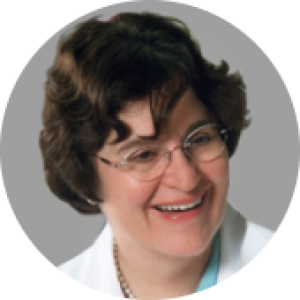
Thursday May 09, 2019
Evaluating natural cancer treatments with Dr. Susan Horwitz
Thursday May 09, 2019
Thursday May 09, 2019
The letter in question came from the National Cancer Institute in 1977. The recipient was Dr. Susan Horwitz. The result: The creation of one of the most important cancer drugs that come from a natural product: Taxol, which is isolated from the yew plant. Today it is given to over a million patients.
As you’ll hear, Dr. Horwitz work – indeed, her incredible curiosity – didn’t end there. She has continued to investigate new cancer treatments that leverage natural products. Why?
Take triple negative breast cancer. By definition, it’s among the most challenging cancers to treat, comprising some 15-20 percent of all breast cancers. These aggressive tumors are treated with a cocktail of chemotherapy drugs. And although many patients have excellent survival following treatment, some patients with specific types of triple negative breast cancer have an incomplete response or even a relapse after a period of remission.
Making them even more difficult: Triple negative breast cancer tumors are frequently resistant – or become resistant – to a variety of drugs, increasing their potential to spread to other tissues – a process called metastasis.
To address these challenges, some scientists have screened novel chemotherapy drugs against triple negative cells to identify those with superior activity and less toxicity than conventional therapy. The goal: Find new therapeutic options -- new drug candidates – that they hope may lead to targeted therapies and new combination approaches to counter drug resistance and improve outcomes for patients with aggressive breast cancer.
How does this process work? What progress has been made? How hopeful do the outcomes seem?Dr. Horwitz is the one to ask.
Dr. Horwitz is a Distinguished University Professor and the Rose C. Falkenstein Chair in Cancer Research at the Albert Einstein College of Medicine in New York. Among her many honors: The Warren Alpert Foundation Prize from Harvard Medical School; American Cancer Society's Medal of Honor; the American Association for Cancer Research Award for Lifetime Achievement in Cancer Research. Most recently, Dr. Horwitz earned the 2019 Canada Gairdner Award, the country’s highest scientific prize. She has served as president of the American Association of Cancer Research, and has been a member of The National Academy of Sciences, the Institute of Medicine of the National Academies, [the American Academy of Arts and Sciences, and the American Philosophical Society,] and others. She also has been a BCRF Investigator since 2007.
This was a remarkable conversation, not only for the science discussed, but also the role Dr. Horwitz has played in its history.
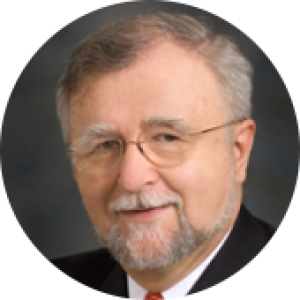
Friday Apr 12, 2019
Friday Apr 12, 2019
At first glance, it would seem that any of us who follow the breast cancer experience would look to the investigators – the scientists, researchers and their teams – for inspiration. They are, after all, dedicating their lives to fighting cancer.
In this conversation, you’ll hear the opposite. To listen to Dr. Gabriel Hortobagyi, you hear the inspiration and insight that he and his teams gain from the grace of breast cancer patients – in particular, people who have triple negative breast cancer and their families.
You’ll also hear about the unique, novel research that Dr. Hortobagyi and his colleagues are doing to investigate resistance to various therapies and ways to develop combination therapy to overcome the resistance. This was a powerful, thoughtful, hopeful conversation with a scientist who knows, as he says, that the patient is the most important player on the team.
More about Dr. Hortobagyi – he is a Professor in the Department of Breast Medical Oncology at the University of Texas MD Anderson Cancer Center. He is also, not insignificantly, the Chair of the BCRF Scientific Advisory Board.
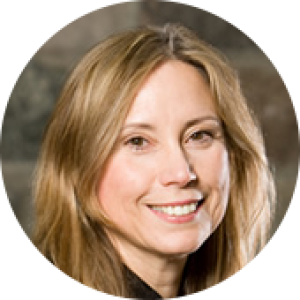
Monday Feb 04, 2019
Monday Feb 04, 2019
Dr. Sofia Merajver is a professor of Internal Medicine and Epidemiology at the University of Michigan, where she is also Scientific Director of the Merajver Breast Cancer Research Program and Director of the Breast and Ovarian Cancer Risk Evaluation Program.
As you’ll hear, Dr. Merajver – who has been a BCRF Investigator since 2004 – discusses her unique, collaborative and extraordinarily human approach to one of the most significant science questions of our time: How to find new strategies for the prevention and treatment of metastatic breast cancer.
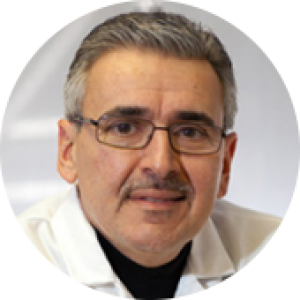
Wednesday Jan 09, 2019
Avoiding chemotherapy, with Dr. Joseph Sparano
Wednesday Jan 09, 2019
Wednesday Jan 09, 2019
It was among the biggest cancer news stories of the year: A new study – the largest breast cancer treatment trial ever conducted – showed no benefit from chemotherapy for 70 percent of women with the most common type of breast cancer. As the Washington Post described, that means: “most patients who have an intermediate risk of a cancer recurrence — a group that numbers 65,000 women a year in the United States — can avoid chemotherapy and its often debilitating side effects.”
The TAILORx trial, as it is known, is helping change everyday procedures in the everyday lives of patients around the world. And the lead author is our guest today.
Dr. Joseph Sparano is Professor at Albert Einstein College of Medicine. He is Vice-Chair, ECOG-ACRIN Cancer Research Group and has been a BCRF Investigator since 2012.
I asked Dr. Sparano about the TAILORx study and how it feels to have been part of such landmark work. But I also asked Dr. Sparano about what’s next – about new work he’s doing around breast cancer recurrence – specifically relapses that occur many years after original diagnosis.
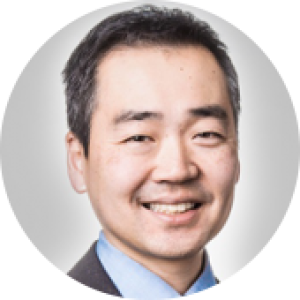
Thursday Dec 06, 2018
How does cancer grow?, with Dr. Ben Ho Park
Thursday Dec 06, 2018
Thursday Dec 06, 2018
How does cancer grow? Why do some cancers react positively to treatment while others seem to resist? Understanding these relationships, the genetic events and cell-to-cell interactions that lead to cancer, not only can provide better understanding of how cancer develops, but also drive potential new targets for drug development. Understanding these relationships also essential to the incredible work being done by Dr. Ben Ho Park.
Dr. Park was recently appointed as co-leader of the Breast Cancer Research Program, Associate Director for Translational Research, and Director of Precision Oncology at the Vanderbilt-Ingram Cancer Center in Nashville. He's been a BCRF investigator since 2008, and as you'll hear at the top, he also has a unique creative talent that surely won't directly lead to solving breast cancer, but it does to seem to make his lab an engaging and fun place to work. And who knows, perhaps in some way that creative culture is part of what inspires Dr. Park's creative research approaches.
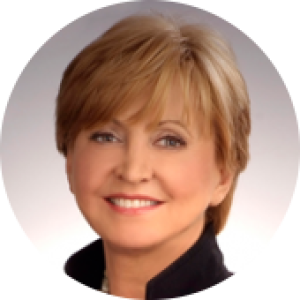
Monday Nov 12, 2018
Making a difference in patients' lives, with Dr. Hedvig Hricak
Monday Nov 12, 2018
Monday Nov 12, 2018
Dr. Hedvig Hricak: is, among many other roles, Chairman, Department of Radiology at Memorial Sloan Kettering Cancer Center. She also recently was honored by BCRC with the 2018 Jill Rose Award for outstanding research excellence. As you will hear, Dr. Hricak is extraordinary – not just in her work helping merge imaging technology with molecular medicine, but also in her teaching across borders.
Among her wonderful lines in this conversation: “The best thing in life is to give,” and “The richness of life is in diversity.” Another one: “You are only as good as your tomorrow. So you have to continuously reinvest yourself. You have to learn and believe that with your experience, you’ll make a difference in patients’ lives.”
Listen to this podcast, and you’ll know exactly what she means and the difference she makes in patients’ lives.

